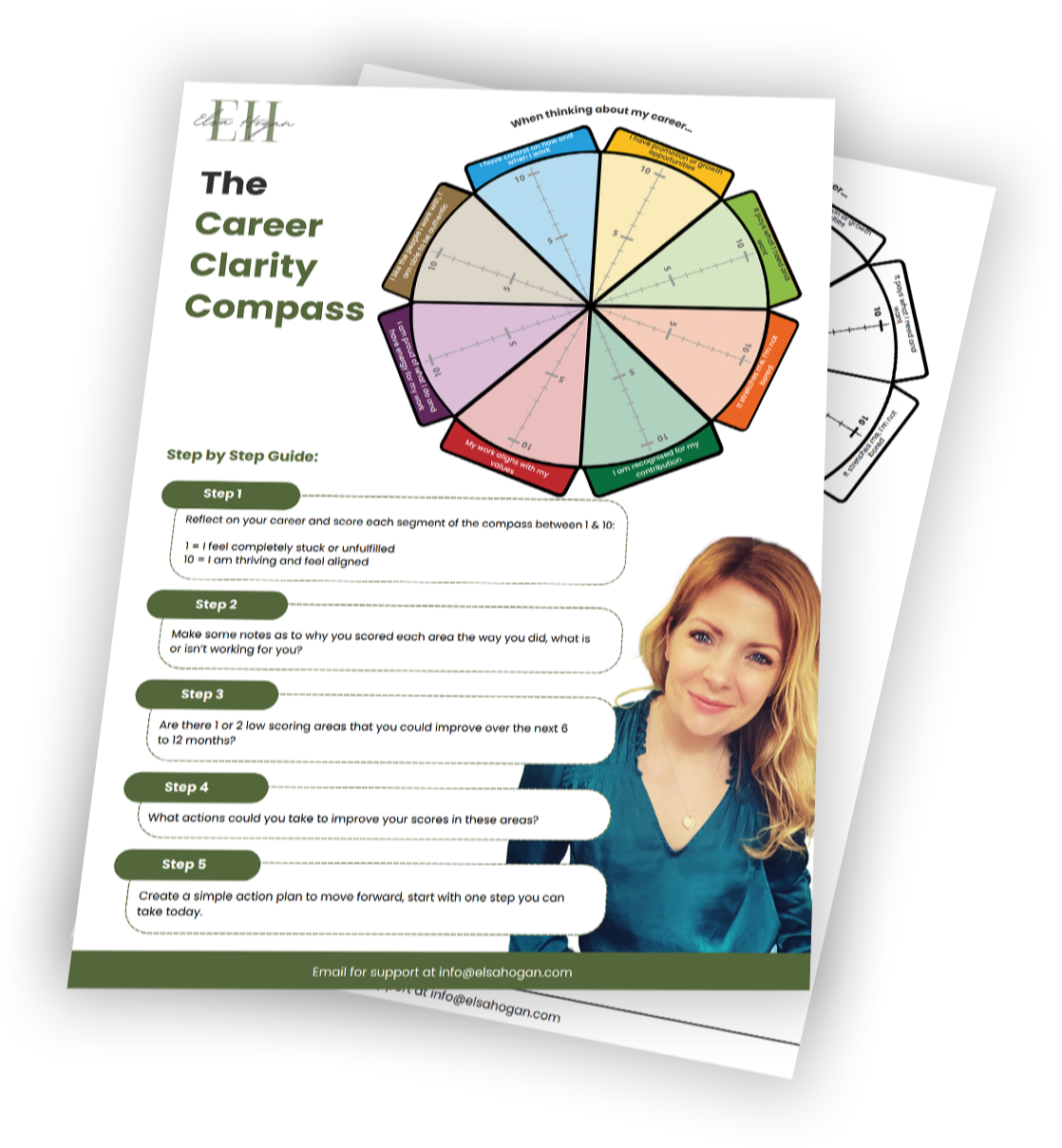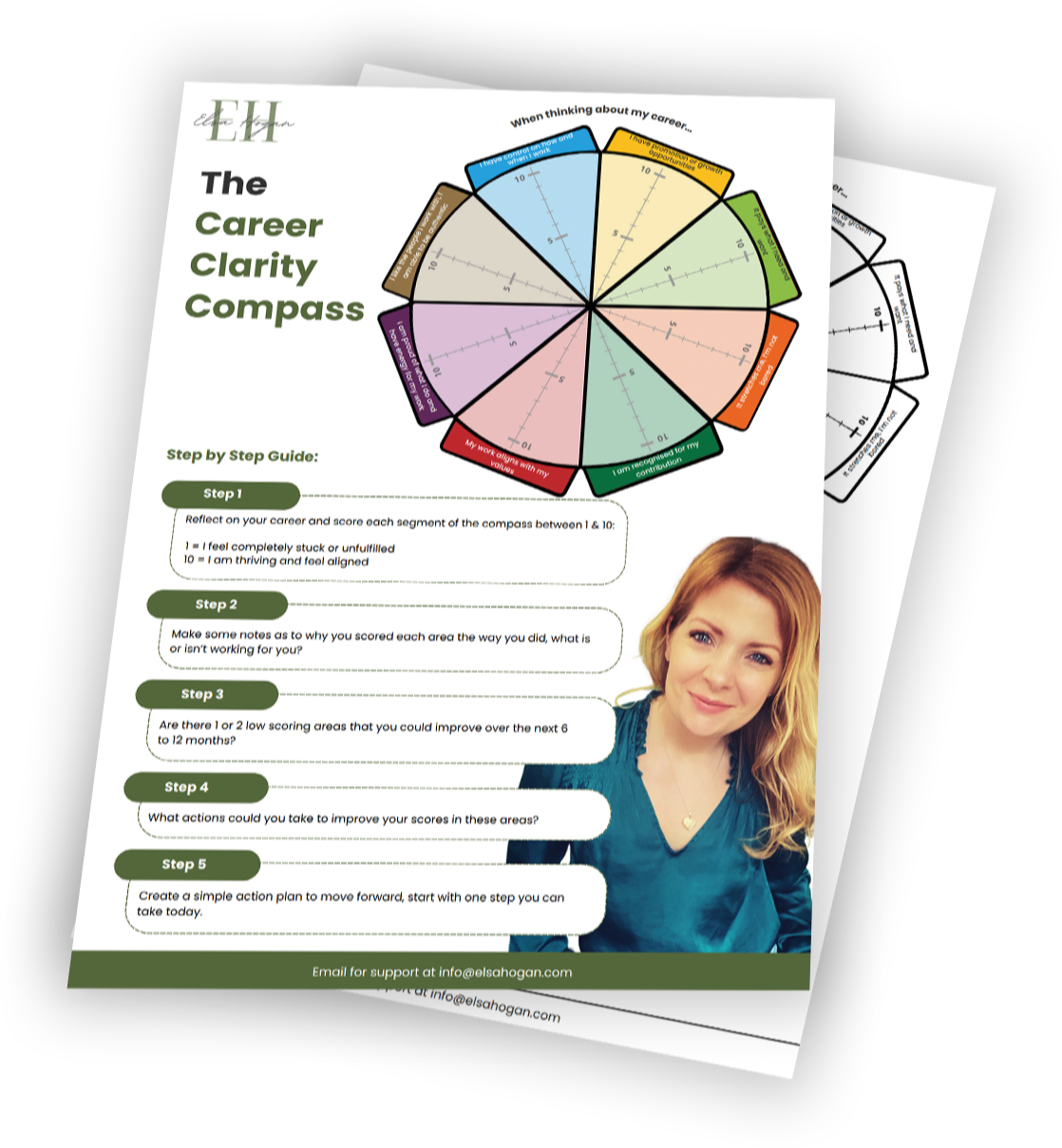19 - The Burden Of Things
Aug 11, 2024
The world is such a materialistic place, with things we “need” being flaunted all around us. How many times have you walked into a shop for a pint of milk to end up spending £50 on other “stuff”? You are not alone, but do you understand the impact this has on your future?
I hope to give you a fresh perspective, not only financially but for your wellbeing too.
The Cost Of Things
This week I have been reading ‘Financial Freedom’ by Grant Sabatier, a book about the FIRE (Financial Independence Retire Early) concept, and it got me thinking not only about “my number” (check out my blog post on this topic HERE), but also about the perceived value that we place on the things we own.
Why do we burden ourselves with stuff? Not only does it cost us to purchase it, but we then aren’t able to invest the money we have spent so we lose out on the interest and compounding (aka, it won’t grow). The things we buy then often reduce in value, so why do we bother?
Marketers employ a myriad of clever tactics to entice us into making purchases, often tapping into psychological triggers and emotional responses. Techniques such as limited-time offers, social proof, and targeted personalisation make products seem indispensable and tailor-fit to our needs.
It may sound like extra work, but evaluating each purchase and ensuring it aligns with our true needs and values, rather than succumbing to marketing tactics will have a significant impact, especially if you are building your dream life. Let’s look at some numbers…
Every time I go to the supermarket I spend £50 extra on things I don't need or want each week. Throw in an extra £200 for Christmas, Birthday, Easter, Summer BBQ, that would be £3,400 each year I didn’t plan or need.
Using Grant’s FIRE Calculation (where he shares that you need to multiply the annual spend of a thing by 25 to understand the amount you need in your retirement fund), I would need to add £85,000 to my retirement number in order to keep up this habit (£3,400 x 25). WOW!
Put another way, if I invested this money at the end of year one and didn’t add anymore to the pot, it could grow to £6,832 at 7% interest after 10 years from doing NOTHING.
And if I had kept adding £3,400 to the pot at the end of each year rather than spending it on more “stuff”, it could be worth a whopping £54,319.
Amazing right?
Now you will hopefully be more aware of how marketers are making mega bucks from your money instead of you, and you can say “no” more often.
The Impact Of Things
This reminds me of the concept of minimalism.
Minimalism, or 'living with less' is something that I started looking into a few years ago. And if you are wondering, no I do not live a minimalist life, but I do have an appreciation for it and prefer to reduce and remove over buying more stuff.
At its core, minimalism is the intentional focus on what truly matters by removing anything that distracts from it. It’s about finding joy in simplicity, valuing experiences over possessions, and living with less to gain more clarity and purpose.
Understanding this makes it easier to say “no” to those impromptu purchases, stay on track with building YOUR dream life rather than keeping up with those around you.
More on minimalism next week. Can't wait? Check out the Netflix documentary 'Minimalism' for some easy watching on the subject.
Your Wellbeing
One of the beautiful things about living with less, is that the emotional burden of things is reduced. No more buyers remorse, no more decision fatigue, no more clutter bringing you down. Plus, knowing you are on track for your future is a reassuring and satisfying feeling.
Owning too many things can also create a chaotic environment, leading to decreased mental clarity, and many people live in bigger and bigger homes just to fill it with stuff. Do you relate? How many rooms do you have that you never use? How different would your life be if you reduced the amount of things you own? It is also less to look after and keep clean!
Possessions often carry emotional baggage. Sentimental items can bring a sense of nostalgia but also tie us to the past, making it harder to move forward. Letting go of unnecessary items can actually be quite liberating. And knowing that we won’t be around forever, reducing the things we own now, will only make it easier for our loved ones that will be responsible for sorting them when we are gone. This is a huge and unnecessary burden for anyone.
Summary
So not only are there financial benefits of removing the unnecessary things from our lives, but there are benefits for your wellbeing also. You could live in your dream house by the sea if you are happy to have somewhere a bit smaller, rather than the extra bedroom or dining room that will never get used. Do you need that second car, or that extra ornament that will only gather dust and be worth nothing soon after you purchased it?
All I ask is that you make conscious purchases, and if you really want or need something then go ahead. But if you are mindlessly spending, then take some time to reflect on the financial and emotional impact of this way of living.
Want to learn more or talk it through? Book a call with me by clicking the link below.
Always with love,
Elsa x



